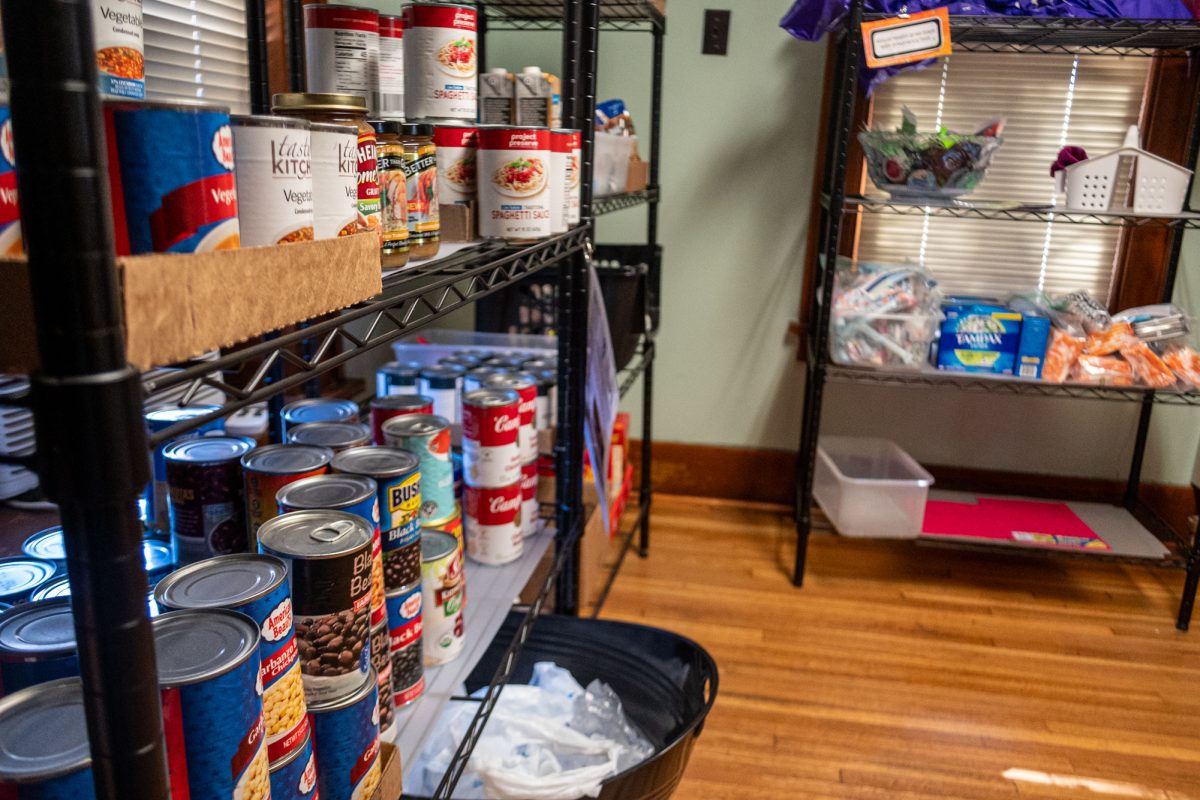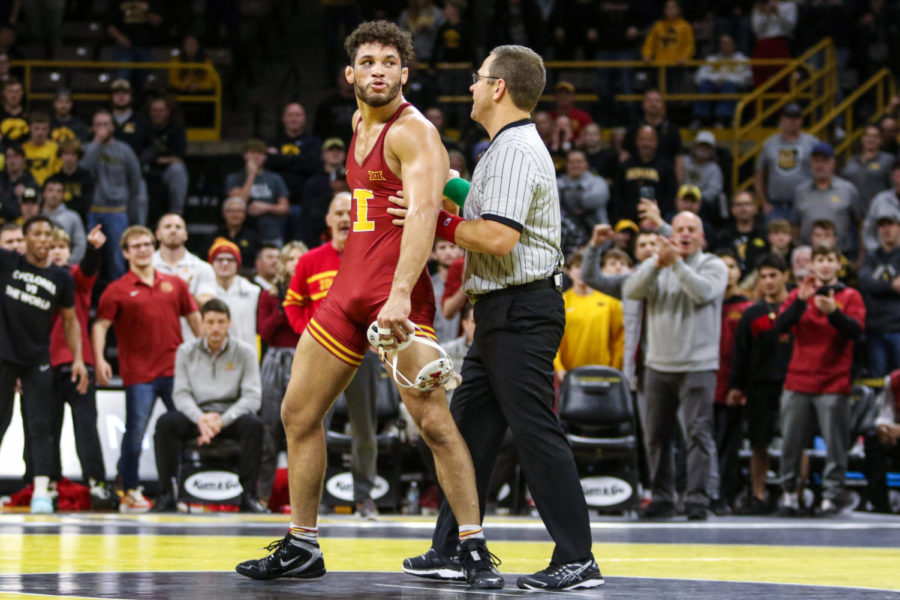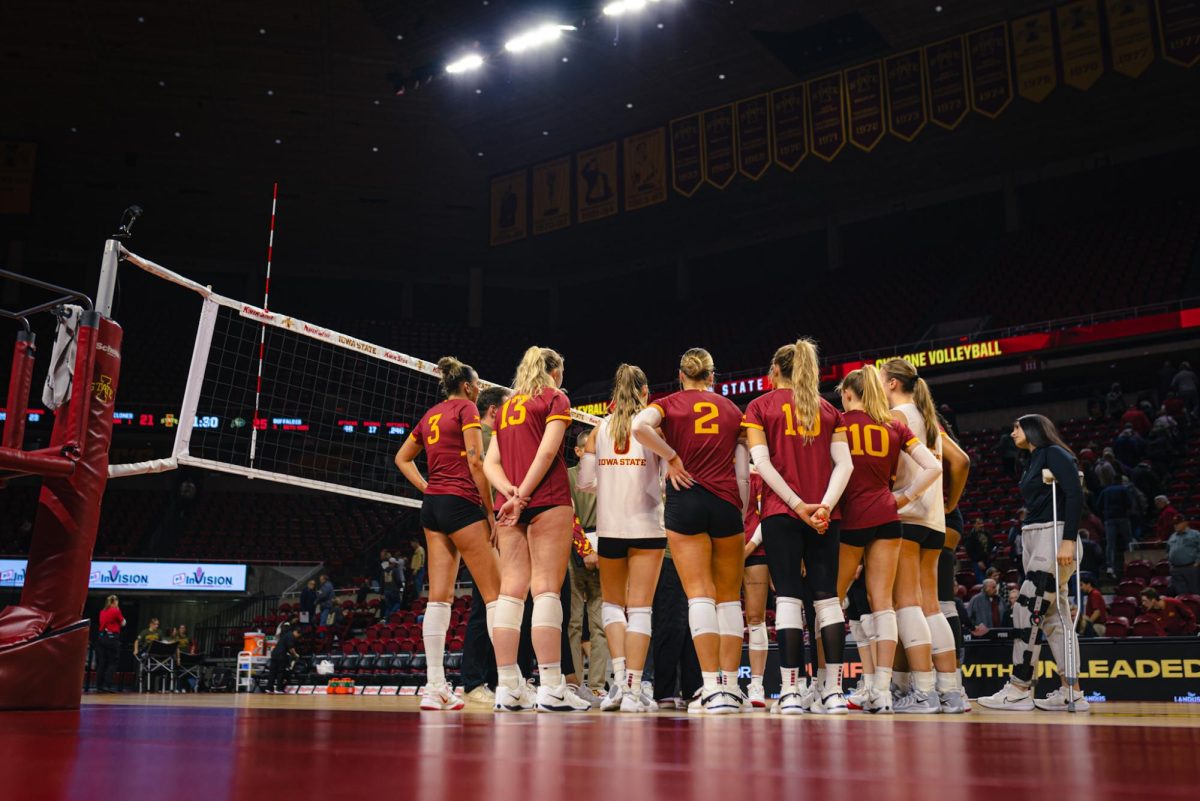Iowa forms task force to set energy policies
March 21, 2001
California’s recent energy crisis has policymakers across the country paying more attention to their states’ energy, and Iowa is no exception.
From Washington to Maine, no state wants to experience the possibility of blackouts that may threaten economic development. In Iowa, 14 people are working to make sure every time the switch is flicked, a light will come on.
The Energy Policy Task Force is deciding the location, amount and kind of energy coming into homes in the future.
Howard Shapiro, vice provost for undergraduate programs, is a member of this task force. Shapiro has been a policy consultant for the Department of Natural Resources and various utilities.
“It is really an important step for Iowa,” he said. “We don’t have a cohesive energy plan for 10 years. We need a plan.”
Shapiro said the committee is watching neighboring states, such as Wisconsin and Illinois, to see what they will be doing and to understand where Iowa is headed. He said Gov. Tom Vilsack made it clear to the task force to make the best recommendations for the state.
“I believe [the task force] will do as they are charged,” said Joyce Mercier, another task force member.
Mercier is a retired ISU professor from the Department of Human Development and Family Studies. She was nominated to the task force by the American Association of Retired Persons. Last year, Mercier worked on a survey of the Low-Income Home Energy Assistance Program, which subsidizes home heating for low-income households.
Mercier said the task force will study the issues carefully and try to have as much information as possible before making any recommendation. However, it will be up to the governor and state legislature to accept or decline any recommendation, she said.
The task force was appointed by Vilsack and Lt. Gov. Sally Pederson to propose policies on Iowa’s energy future. The appointees, who have been meeting since October, are tackling issues on the supply, price and sources of energy.
David Hurd, co-chair of the task force, said they have been primarily receiving information, especially from the Department of Natural Resources, utility companies and rural co-ops. He said the task force is dividing into small groups to formulate policy. Given the issue’s scale, Hurd said he expects problems in the policy-making process.
“The first and largest obstacle is to get people to understand the complexity of the issue and the interplay of various forces . either within or outside of the committee,” he said.
While the main focus of the task force is on long-term issues, members also came up with short-term recommendations, Hurd said.
“We’ve received information that indicates some real problems with low-income Iowans,” he said.
Although the state Legislature passed a bill to eliminate sales tax on residential utility bills, Hurd said it only helps the low-income group marginally.
The task force suggested increasing the financial assistance given to the poor in winter and doubling the rate of home weatherization. Hurd said the committee recommended a secure ongoing source of funds, rather than a fund which could be cut back from year to year.
“It could be general fund, a charge on utilities or other reasonable sources,” he said.
At the current rate, Iowa will be required to import more of its energy supply in the near future, and Hurd said it wouldn’t be coming from neighboring states.
“Most of the states in the Midwest are about the same state as Iowa is,” he said.
In the meantime, technological fixes such as more cost-effective lighting and heating systems are possible, he added. Hurd said the committee sentiment is to have more development on renewable energy.
Norm Olson, project manager of the ISU Iowa Energy Center, said the future of renewable energy would depend on what is happening in environmental regulation. Although there is progress in the field, especially in biomass and wind programs, Olson said they come slowly.
“Fossil fuels now are generally cheaper,” he said. “Businesses will be in favor [of renewable energy] if it would not cost them too much. It’s strictly economical. Unless there are more environmental regulations that increase penalty [for polluting], it’ll probably be quite a while [before people will be using renewable energy]. It won’t happen in the near future.”
Although the deadline for making the recommendations is in October, Hurd said the state and Legislature are already at the point of waiting for them to produce results.
The public is invited to attend the task force meeting in the Iowa Utilities Board hearing room, 350 Maple St., Des Moines. Minutes of past meetings can also be read at www.state.ia.us/dnr/energy/taskforce.






